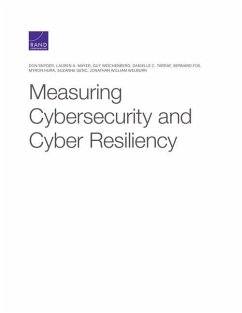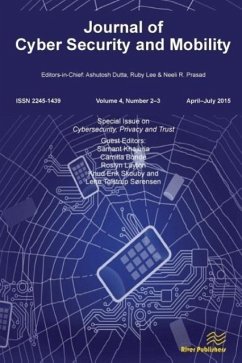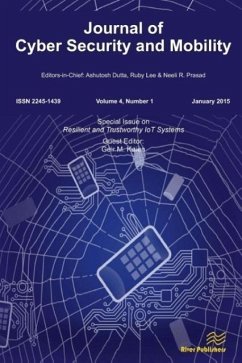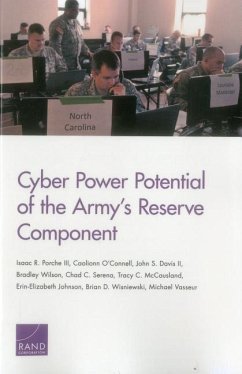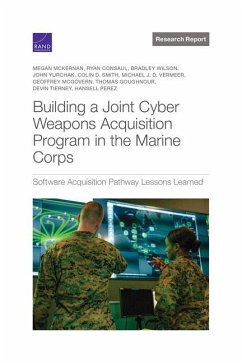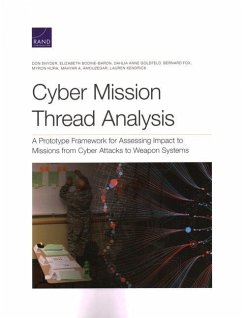Nicht lieferbar
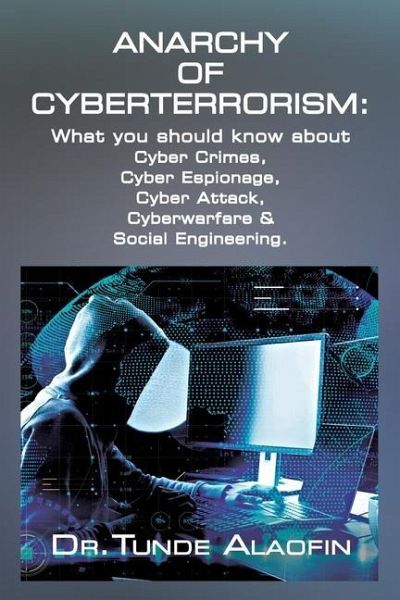
Anarchy of Cyberterrorism: What you should know about Cyber Crimes, Cyber Espionage, Cyber Attack, Cyberwarfare & Social Engineering
Versandkostenfrei!
Nicht lieferbar
Corporations, governments, private people, healthcare, and educational institutions are all vulnerable to cyberattacks. Hacking may compromise networks and computer systems, resulting in reputational harm and service outages. The situation is much worse for health-care institutions, since such assaults have the potential to disrupt service delivery, making it harder to write medical prescriptions and begin treatment. These interruptions are harmful to patients' health and well-being, and they may result in death or worse of their diseases. The health of a patient might be jeopardized if inform...
Corporations, governments, private people, healthcare, and educational institutions are all vulnerable to cyberattacks. Hacking may compromise networks and computer systems, resulting in reputational harm and service outages. The situation is much worse for health-care institutions, since such assaults have the potential to disrupt service delivery, making it harder to write medical prescriptions and begin treatment. These interruptions are harmful to patients' health and well-being, and they may result in death or worse of their diseases. The health of a patient might be jeopardized if information is leaked, particularly if the patient has a prominent position in society. As a consequence of the COVID-19 epidemic, there has been an increase in cyberattacks. These assaults are linked to people's limited time, causing them to spend more time online. Disruption in educational programs has resulted in a dramatic adoption of remote learning without proper precautions to protect against hackers, as is typical. Malware, phishing, and ransomware are examples of typical cyberattacks. Theft of personal information might drive people and businesses to pay a ransom to prevent information being disclosed to the internet. Injection of malware into the system might lead to data theft and compromised information. Network users opening attachments and links without verifying their origins might be the cause of phishing attempts. During phishing operations, cybercriminals often exploit emails from reputable companies. Because of the lack of security mechanisms, the majority of cyberattacks are elegant. Companies continue to use out-of-date software and have no network security safeguards in place. Employees and network users lack internet and network user skills and competences, resulting in the compromise of personal information and financial losses. Critical infrastructure systems, such as power grids and water systems, are vulnerable to cyberattacks. The creation of a cybersecurity framework, as well as cybersecurity awareness training and education, should be among the preventive measures. Machine learning and artificial intelligence are two cybersecurity technologies that might help prevent assaults on computer systems and networks. Financial losses, service disruptions, reputational harm, and damaged key infrastructures might all be reduced as a result of cyberattacks if the strategy is implemented.





